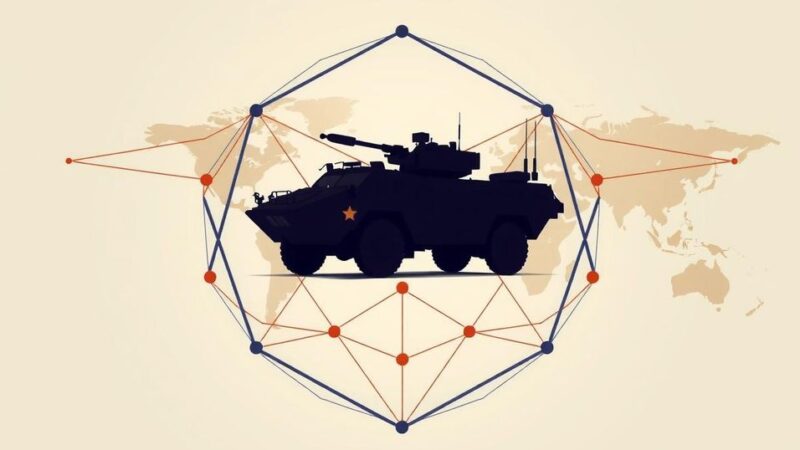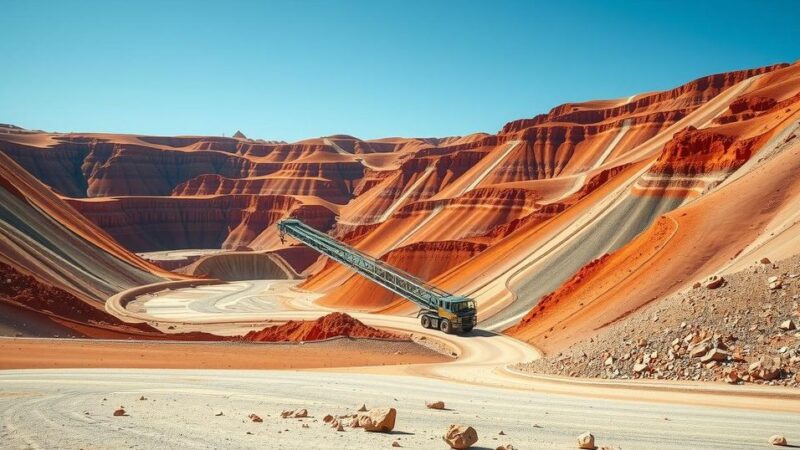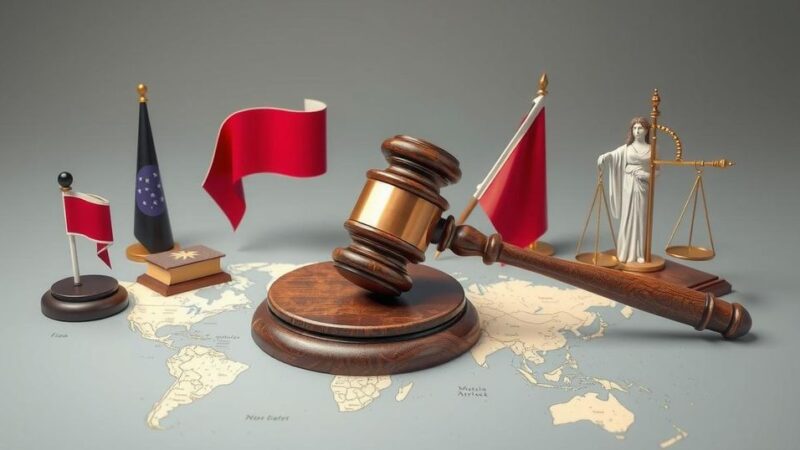In Kitutu, eastern DRC, Italian priest Davide Marcheselli has been actively opposing the illegal gold mining operations conducted by Chinese companies. His advocacy reflects the broader issues surrounding foreign mining practices, local community rights, and environmental degradation. The situation emphasizes the need for regulations to ensure ethical mining conduct in the region.
In the town of Kitutu, situated in the eastern Democratic Republic of Congo (DRC), Italian priest Davide Marcheselli has been waging a significant battle against Chinese enterprises involved in illicit gold mining activities. His efforts to combat these unlawful operations highlight the broader challenges faced by local communities as foreign companies exploit mineral resources, often bypassing regulations and harming the environment. The ramifications of these mining ventures are multifaceted, impacting local economies and raising concerns about socio-environmental injustices. Father Marcheselli’s advocacy underscores the need for greater oversight and support for the affected communities as they strive to reclaim their rights and safeguard their resources.
The eastern DRC has a long history of conflict and exploitation, particularly concerning its rich mineral deposits, including gold. The influx of Chinese mining firms has intensified these issues, leading to illegal operations that undermine local governance and environmental protections. Activists like Davide Marcheselli are critical in raising awareness and pushing for the accountability of foreign investment, particularly regarding the ethical implications of such practices on local populations. This situation reveals a complex interplay between global demand for resources, local livelihoods, and the rule of law within the DRC.
The efforts of Father Davide Marcheselli in advocating against illegal gold mining by Chinese firms speak volumes about the urgent need for reform in the mining sector of the DRC. The challenges presented by foreign operations outline the struggle for local communities who, despite their significant natural resources, often face exploitation and disregard for their rights. There is a pressing need for policies that protect the interests of local populations while ensuring sustainable and responsible mining practices.
Original Source: www.barrons.com







